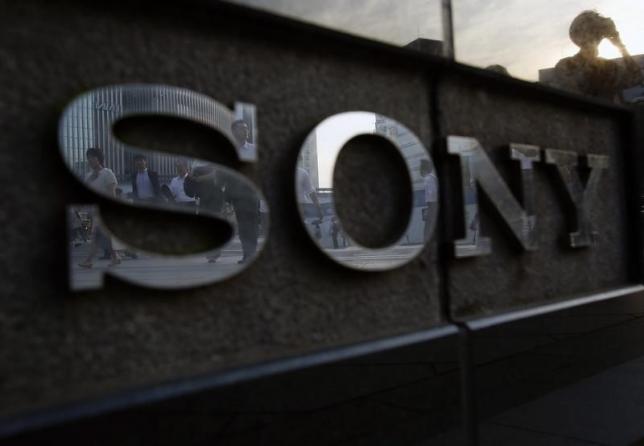Sony aims for more clients, 20 percent sales growth in image sensors

TOKYO - Sony Corp aims to diversify its client base for image sensors beyond top customer Apple Inc, even as it expects orders from the iPhone maker to help lift sales about 20 percent this fiscal year, a senior executive said on Tuesday.
Sensors have emerged as one of Sony's strongest products in recent years as its TV and mobile operations struggle. While the Japanese company has fallen behind Apple and Samsung Electronics Co Ltd in smartphones, its sensors are used in those rivals' handsets.
Tomoyuki Suzuki, head of Sony's device solutions business which includes image sensors - chips that convert optical images to electronic signals - said he expected sensor sales to grow about 100 billion yen ($804 million) to 550 billion in the year ending March.
That would be slower than the 40 percent rise of the previous year. But Suzuki said demand was so strong that Sony was struggling to keep up, signalling continued strength for a unit widely seen as crucial for the firm's turnaround.
Suzuki was promoted to executive deputy president in April, reflecting the company's recognition of the role sensors were playing.
"We're seeing very good demand at the moment," he told Reuters in an interview. "We don't have slack."
While Sony does not disclose its client list, Apple is well known as its top customer, followed by Samsung, which analysts said recently switched to Sony sensors for the Galaxy S6 after using its own in the S5. Chinese handset makers such as Xiaomi Inc [XTC.UL] also use Sony sensors for high-end models, analysts said.
"We want to be inside a variety of customers," Suzuki said.
"When it comes to semiconductors, if you can't make use of production capacity you quickly end up with a loss. So if you want to avoid that volatility the important thing is to have good balance with several customers."
Sony in April said it would spend 45 billion yen to bolster sensor production capacity this fiscal year on top of a 105 billion yen investment announced in February.
"Of course we will meet the requirements of our top customer, but we are expanding capacity with orders from Chinese smartphone makers in mind," Suzuki said.
COMPANY JEWELS
Suzuki said Sony's strength in sensors was based on 30 years' experience in imaging technology, initially mainly applied to its video cameras.
Its expertise in making sensors for smartphones capable of high-quality images in low light gave it an edge against competitors, Suzuki said. That technology would give Sony an advantage as it expands into automobile-related products, he said.
Suzuki spent most of his career working on semiconductor-related technologies since joining Sony in 1979. He said he was shocked that the previously obscure products had become so important for the electronics-to-entertainment group.
"It's totally unexpected," he said. "It was pretty surprising when they suddenly started saying these are the company jewels."
While Chief Executive Kazuo Hirai has pushed to make Sony's divisions more independent and accountable for their financial performance, Suzuki said he did not believe the firm would ever focus only on particular products such as sensors.
"Sony is not a semiconductor company," he said. - REUTERS







